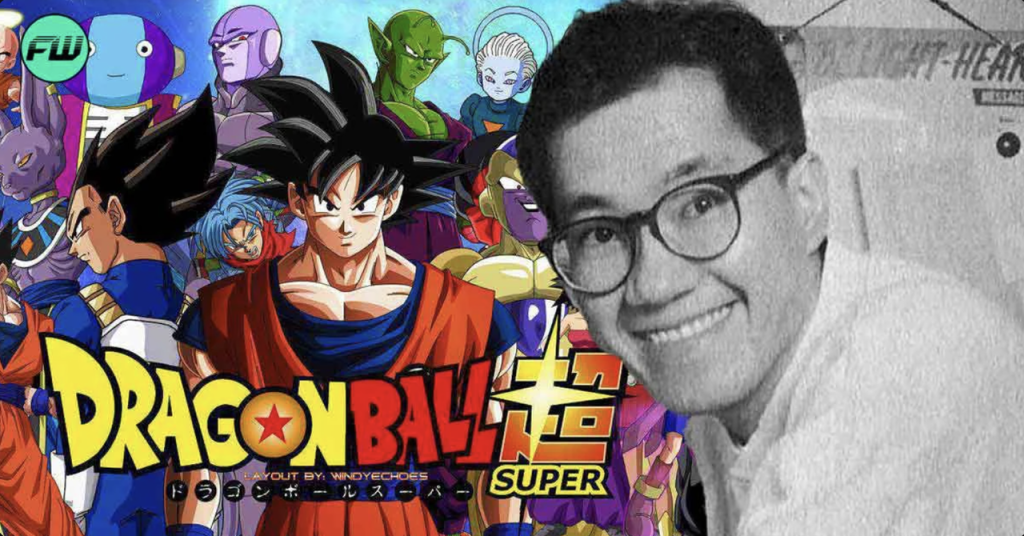Akira Toriyama, a legendary figure in the world of manga and anime, passed away, leaving behind an enduring legacy that has shaped the entertainment industry. Renowned for his contributions to the manga realm, Toriyama’s impact transcends borders, influencing not only Japan but cultures worldwide.
In the early 1980s, Toriyama was already a well-established name in the manga scene due to his comedic creation, “Dr. Slump.” However, it was his inspired foray into the world of Chinese-style kung fu movies that led to the creation of the iconic “Dragon Ball.” This manga series, introduced in the 1980s, became a global sensation, captivating audiences with its unique blend of action, humor, and adventure.
The 1990s witnessed the rise of “Dragon Ball Z,” a beloved cartoon that further solidified Toriyama’s status as a creative force. Beyond manga and animation, Toriyama expanded his influence into the realm of video games, contributing to the design team behind the massively successful “Dragon Quest” games. His ability to create immersive worlds and captivating characters resonated not only with manga enthusiasts but also with gamers globally.
Despite these triumphs, not every venture into the “Dragon Ball” universe was a guaranteed success. The 2009 live-action adaptation, “Dragonball Evolution,” proved to be a commercial failure, accompanied by harsh criticism. This setback, however, did not diminish Toriyama’s impact on the broader entertainment landscape.

News of Akira Toriyama’s passing elicited a profound response from the industry and fans alike. Publishing house Shueisha, responsible for serialising “Dragon Ball” comics in their weekly “Shonen Jump” magazine, expressed deep sorrow over the sudden loss of the iconic creator. Toriyama’s death marks the end of an era, leaving an indelible void in the world of manga and anime.
Born in 1955 in Japan’s central Aichi region, Toriyama pursued design studies at an industrial high school. Following a three-year stint at an advertising agency in Nagoya, he made his debut as a professional manga artist in his early 20s. In a 2013 interview with Japan’s Asahi newspaper, Toriyama candidly described himself as a “difficult” person.
Reflecting on the unexpected success of “Dragon Ball,” Toriyama considered it a miracle that helped someone with a “twisted, difficult personality” find acceptance in society. The manga, he believed, became a conduit for him to do meaningful work and gain recognition. He attributed the global success of “Dragon Ball” to its dedication to entertainment, emphasizing that his primary goal was to provide readers with an enjoyable experience.
Toriyama, in the same interview, expressed his lack of understanding regarding the widespread acclaim for “Dragon Ball.” Humble and focused on the joy of readers, he disclaimed any intentional messaging in his work, stating that his sole aim was to please boys in Japan during the creation of the series.
The news of Toriyama’s demise sent shockwaves through Japan, with an outpouring of grief from fans and fellow manga artists. Eiichiro Oda, the creator of Japan’s major “One Piece” manga franchise, paid tribute to Toriyama, expressing that his death came too soon, leaving “too big shoes to fill.” Oda, like many others, felt overwhelmed by the sadness of knowing he would never see Toriyama again.
Fans paid their respects by creating poignant art shared on various platforms, depicting Son Goku, the iconic protagonist of “Dragon Ball,” ascending to the sky with angel wings and a halo. These tributes are a testament to the profound impact Toriyama had on the lives of fans and the cultural landscape he helped shape.


